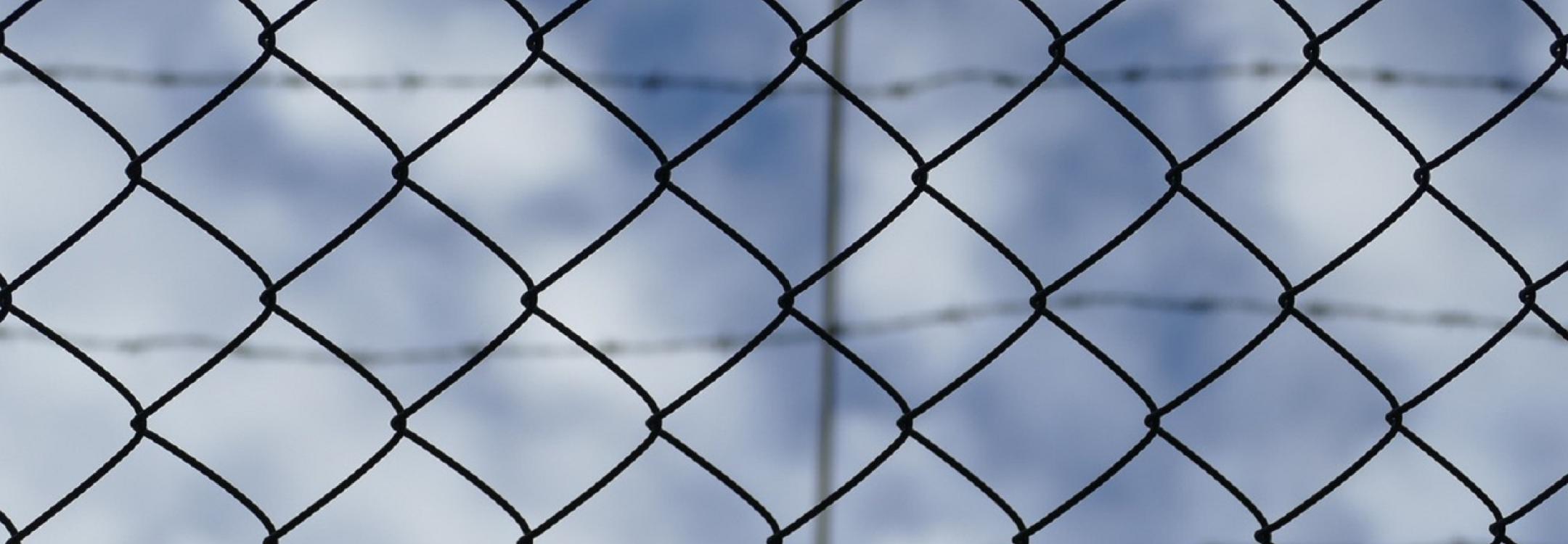
The results of an APT survey have underscored the innovation and resilience of oversight bodies across the globe to adapt to the challenges of monitoring places of detention during the COVID-19 pandemic.
Oversight bodies – including national preventive mechanisms (NPMs), national human rights institutions and Ombuds offices – from 32 countries responded to the survey.
They identified a number of common challenges in conducting visits to places of detention since the start of the pandemic, including:
- Heightened risk of COVID-19 transmission
- Prohibitions on visiting detention premises because of a national lockdown or state of emergency
- Lack of cooperation from authorities
- Lack of appropriate medical equipment
- Budget constraints.
While oversight bodies from some countries – Burkina Faso, Comoros, Ivory Coast, Luxembourg, Nepal and New Zealand – said they continued their monitoring ‘as usual’, most reported adapting their visiting programme in different ways. These changes included having smaller visiting teams, conducting shorter visits and prioritising places of detention to be visited based on an assessment of risks and security considerations.
“Oversight bodies have shown remarkable adaptability and dedication during COVID-19, despite the unprecedented challenges they have faced.”
Barbara Bernath, APT Secretary General
Most oversight bodies reported prioritising visits to prisons and police detention centres, followed by long-term care facilities for the elderly, pre-trial detention centres and psychiatric institutions. Nine oversight bodies reported migrant detention centres as a priority for visits, while the national human rights institutions of Malaysia and the Philippines also noted their requirement to conduct visits based on complaints they received.
Oversight bodies also had to respond to escalating tensions in places of detention. For example, COVID-19 resulted in persons deprived of liberty reportedly confined to their cells all day. Many lost contact with the outside world when family visits were suspended. In some places of detention, riots occurred because of growing frustrations and anxiety.
In fact, oversight bodies from Argentina, Bahrain, Togo and Tunisia reported that they increased their visits during the pandemic in response to these tensions, especially to prisons and police detention centres.
National lockdowns and other restrictions have led many oversight bodies to reduce in-person visits. However, there is an emerging trend to use technology to collect information where possible. For example, the Norwegian Parliamentary Ombudsman has conducted interviews online with persons in detention, while the National Committee to Prevent Torture in Argentina has used remote technology to assess the mental health of detainees. The NPM of Peru conducted interviews online with female detainees and with detaining authorities.
Oversight bodies also reported using the Practical Guidance on Monitoring Places of Detention Through the COVID-19 Pandemic, developed by the APT in partnership with OSCE-ODIHR, to inform their revised approach to monitoring.
To complement the survey data, the APT has developed a video series – Voices from the Field – that showcases the experiences and new practices of oversight bodies during COVID-19. To date, 16 national oversight bodies have been featured in the videos.
We will publish further insights from the survey in the weeks ahead.
